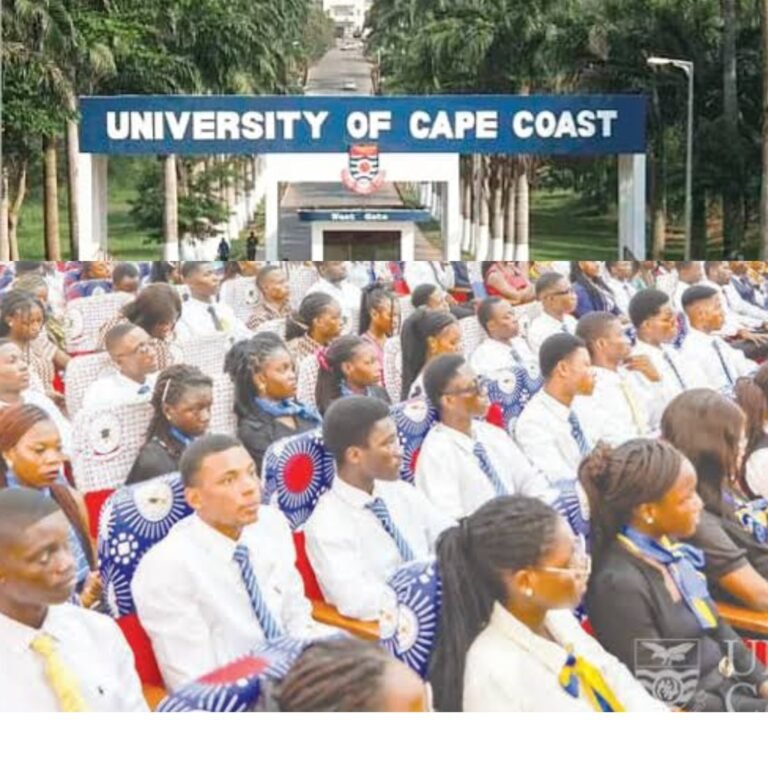Since the colonial era, the role of our chiefs and traditional institutions in supporting good governance and development has been generally sacred.
Though political leadership, during both the military and civilian dispensations, committed certain excesses that tampered with that authority and mandate, they have largely been effective, credible, sacred and constructive governance structure.
Competence and honour
Indeed, they have been so effective that our courts continue to request their participation in the judicial processes of the country. Particularly in matters of arbitration at community level, their wisdom and insight in resolving crisis has been remarkable.
The same holds for our religious authorities who have been tremendously helpful for decades now in infrastructural development, including construction of schools to support our drive towards building the army of skilled and professional workers that we need to transform the nation, and health amenities aimed at providing quality health.
In a recent study on which institutions are more credible in the estimation of ordinary citizens, both groups interestingly came up tops against politicians and the judiciary.
When we, therefore, revere and honour them as our guiding lights, it is because they deserve it. Little wonder that governments are compelled to bring some of them to be part of the mainline governance structures to make relevant impact.
Abuse
Unfortunately, we sometimes see certain elements among these institutions abusing the privilege they enjoy by attempting to handle and interfere with clearly constitutional cases that fall within the mandate and remit of our conventional courts.
We sometimes see some politicians committing crimes and attempting to hide behind chiefs when they are exposed, or a section of our traditional community using irrelevant rites to resolve cases like rape and domestic violence.
Additionally, we find some prophets tending to act above the law by mistreating congregants through abuses such as lashing and bathing them. Worse still, some of these leaders allegedly attempt to use their influence to get political or court authorities to dismiss cases that are clearly criminal.
In the light of the ongoing trend on our governance landscape, we believe it is imperative that we remind ourselves that we are all subject to the rule of law – regardless of our stations in life as MPs, Ministers of State, Ministers of the Gospel, Justices, Presidents, chiefs, among others.
Role models
It is therefore normal to find kids aspiring to be like some of these honourable citizens just because of the glory accompanying their mission and profession.
Our worry, however, is that, at a time that the nation needs clear leadership and role models for our future generation, we are often engulfed with disturbing reports of people we expect to help deliver hope to us conspiring to ‘subvert’ the ship of state through propaganda and overt criminal activities. And when their cover is blown, they run for cover from influential traditional and religious leaders.
Ghana is at the crossroads of transformation. To get to our destination, we need a common resolve to commit to hard work and discipline, something our traditional and religious leaders can help in guiding us to attain.
May they therefore rediscover themselves, and be found worthy to guide us into our destiny as ambassadors and role models of truth and credibility.







